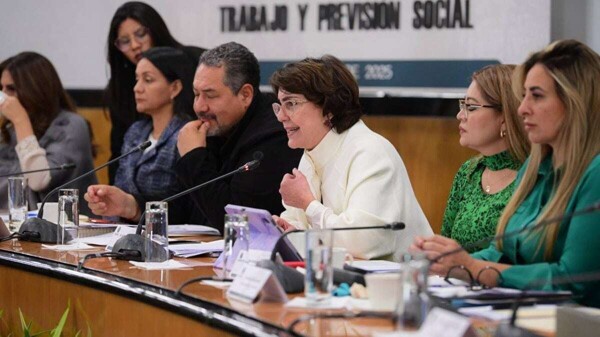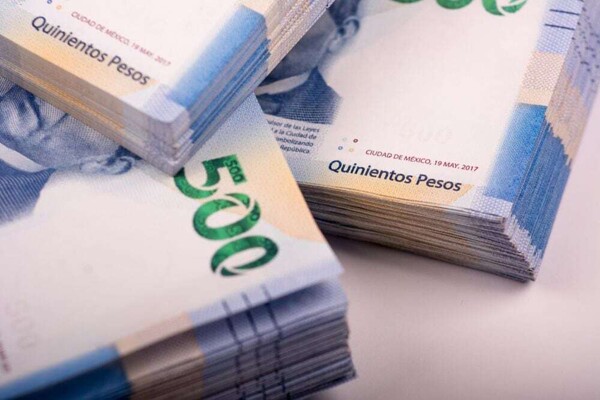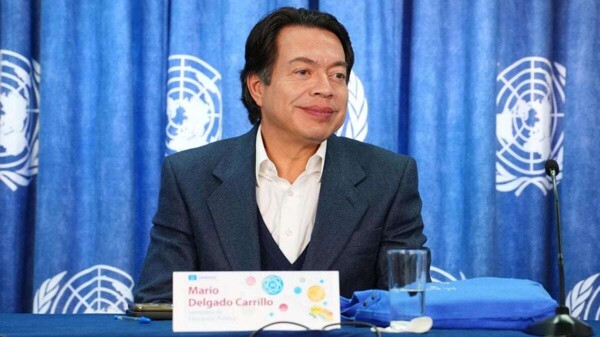
In light of Donald Trump's threat to impose tariffs of up to 25 percent on Mexico starting February 1 and within the framework of the Mexico Plan, the government of Claudia Sheinbaum will offer greater incentives to companies looking to relocate their manufacturing operations to Mexico to be closer to the United States, including generous tax incentives, according to a presidential decree.
According to the publication, the tax incentives aim to "support the national strategy called the Mexico Plan, to promote new investments that encourage dual training programs and boost innovation." This is established by the decree published this Tuesday, January 21, in the Official Journal of the Federation (DOF).
The decree allows for deductions of up to 91 percent for investments in fixed assets, with greater benefits offered until 2026. Eligible items include electric cars, train cars, planes for crop spraying, communication towers, and laptops. The segment that will have the highest deductions is the manufacturing, assembly, and transformation of magnetic components for hard drives and electronic cards for the IT industry.
The decree was designed to apply equally to Mexican and foreign companies and applies to all sectors of the economy, Sheinbaum said last week during the presentation of the Mexico Plan, which aims to reduce Mexico's imports from China in an attempt to support the local industry.
The maximum amount of deductions that companies can obtain will be 30 billion pesos, about 1.5 billion dollars, according to the document. An evaluation commission, composed of members of the Ministry of Finance, headed by Rogelio Ramírez de la O, and the Ministry of Economy, with Marcelo Ebrard, will oversee compliance with the guidelines of the decree in order to "provide transparency and certainty."
The tax deductions will remain until September 30, 2030. The decree anticipates more cuts if companies train their workers in educational and research institutions. Nevertheless, the government reported 36 billion dollars in foreign direct investment in 2023, a 27 percent increase from the previous year.
"It is important to provide security to investors, promote liquidity, generate more investment, and economic development," according to the decree.
Sheinbaum has sought to align her trade policy with the interests of the United States and Canada, countries with which Mexico has a trade agreement known as the USMCA, which will be reviewed in 2026. Following Trump's victory in November, the relationship between the three allies has been shaken, especially by Trump's promise to impose 25 percent tariffs on products from Canada and Mexico if they do not contribute to curbing migration and the trafficking of fentanyl and other drugs into U.S. soil.
Trump has also expressed concern that China, its main trade enemy, is using Mexico as a backdoor to send cheap products to the U.S., affecting local producers. During the phone call between Claudia Sheinbaum and Donald Trump, the Mexican president talked about Mexico's efforts to curb the crossing of undocumented migrants, as well as the fight against fentanyl and other drugs.
She has also expressed her confidence that the Mexico-United States relationship will be positive and that the USMCA is the best way to compete commercially against China. When asked about Trump's actions after taking office, including the declaration of a national emergency at the border and the promise to impose tariffs on Mexico as soon as February 1, Sheinbaum said it is "important to always keep a cool head and refer to the signed orders beyond the actual rhetoric."
According to the document, to be eligible for this additional benefit, companies must provide their employees with technical or scientific knowledge related to their activities.
Mexico has been unable to fully develop nearshoring due to limitations in access to essential services like electricity and water.














